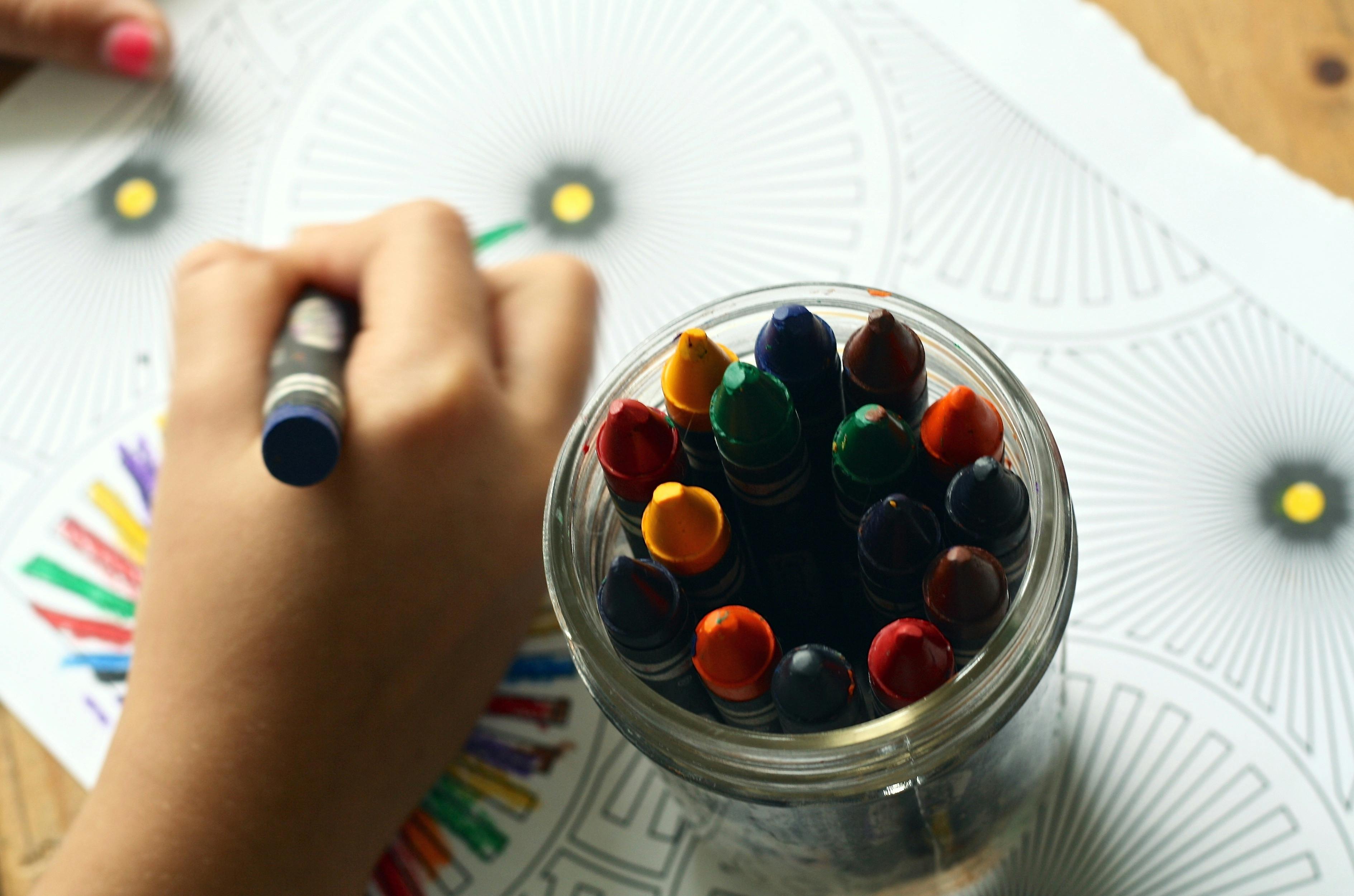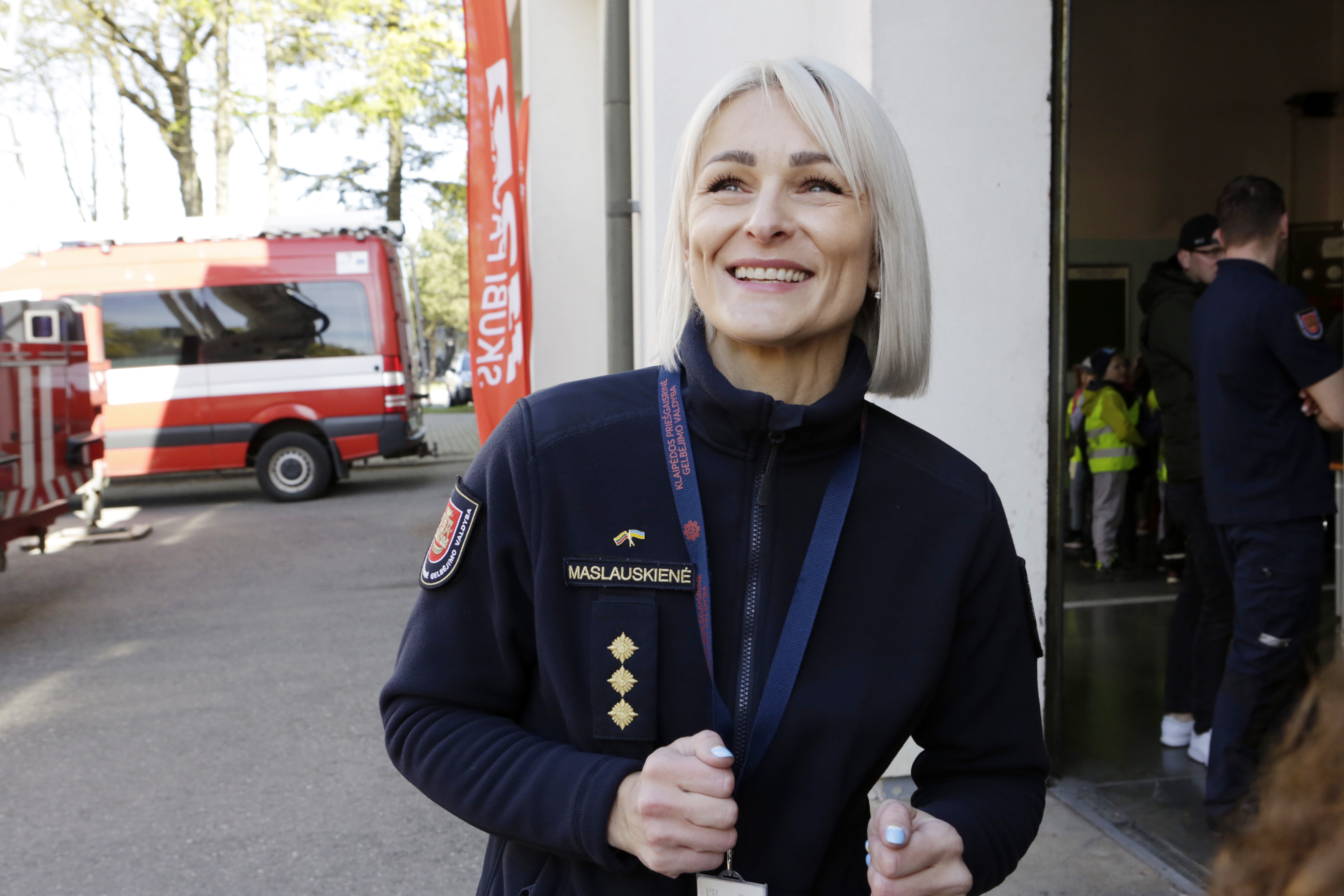Bilingual education from an early age: What is the benefit?

Gabrielė Jankauskienė, a teacher at the school, told about such parenting, the reception of the children and the wishes of the parents.
– At what age do children learn with you?
– In Eureka, which is located in five places in Vilnius and Kaunas, children from 1.5 to 10 years study.
– A 1.5 -year -old child does not learn in two languages.
– Education is involved in the whole day process. They do not have separate English lessons, but someone speaks English all day.
– from 1.5 m. The child hears English.
– Yes.
– Why do you think it’s worth it?
– When they start listening to 1.5 years, they understand as a natural process. He perceives English as the second language, which is the person who speaks all the time. For example, they are familiar with words, pronunciation, and it is natural for them when they start learning English with the teacher.
Photo by pexels
– Does this mean that the child speaks one and then another language? Is the fact that a child using one word English, the other Lithuanian?
– My son began to attend 2.5 years ago and came completely English without speaking. Now he is able to speak English freely. When you need to speak Lithuanian – it speaks Lithuanian, when English – English. The classroom has friends of foreigners who help him communicate and speak.
– The benefits are obvious. Is there no reverse effect when a child learns English and applies it instead of Lithuanian?
– Sometimes there are such situations, but we ask for Lithuanian and English to repeat it so they know these languages.
– What are modern children – are they receptive to science?
– Modern children have enough stimuli, so it is very important to get them interested.
– It’s hard to concentrate.
– Yes, that’s why we work on discoveries based on education, the first step of which is to engage the child. There are a variety of those ways of interest. We use five sensations, sometimes we create a detective. Children themselves raise questions by finding out the topic, then they are interested in learning, and so they get involved in the educational process.
– Some children of this age already have phones.
– We do not allow phones to be used at school.
– Can I enter the area with a phone?
– No.
Full LNK Report – In Video:
– Very good order. What are their parents, what are their wishes? Isn’t it sometimes difficult to agree with parents?
– There are different ways, but modern parents want their child to be happy. Of course, they also seek academic results.
– Sounds as if hard to match.
– We have such a priority at school – stress -free activities. This means that we try to include yoga, Mindfulness exercises. For example, with the freshmen, we put our hands on the chest after physical activity, we exhale and breathe – so we prepare for academic things. Each child is different and develops at different pace, which is why one speaks at 1.5 years. Of course, in a bilingual environment, some children unfold later, but speak two languages right away.
– What can a two -year -old child say in English?
– Indeed, everything because we learn on weekly topics. The topics of that week include a very wide range of natural sciences to Lithuanian literature. We include all the words. If you present a new topic, for example, it is about geometric shapes, colors – we all present this in both Lithuanian and English.
– What makes you fascinated with children?
– It is complicated, but it brings a lot of joy and responsibility. Basically, in my opinion, all professions are important, but the teacher is the person who raises those professions. In my opinion, education work is extremely important and responsible.








